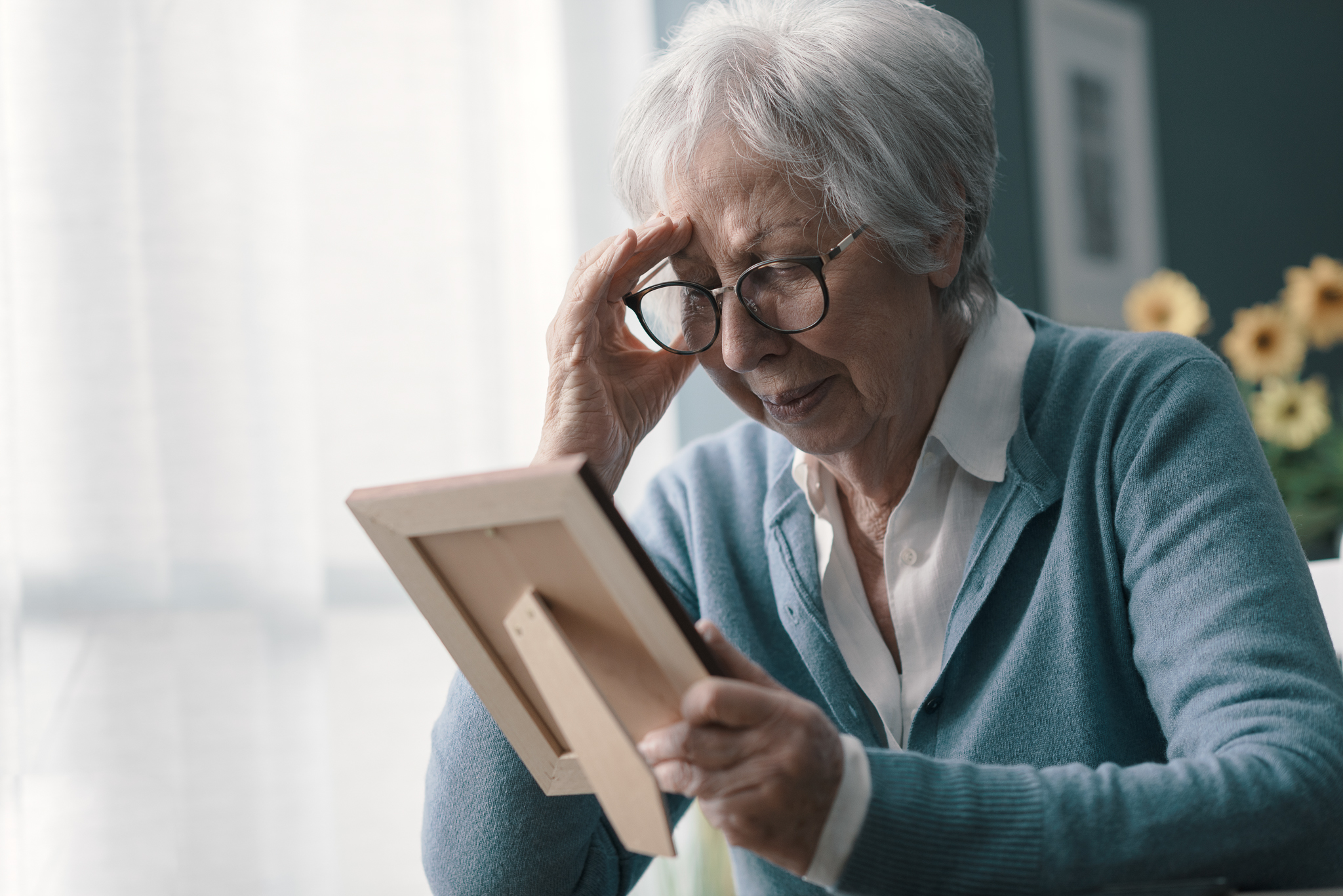Mental Health issues commonly experienced by residents. Six learning modules for Residential Aged Care staff.

Course Content
Grief and Loss in Older Adults
-
Read Instructions for Grief and Loss in Older Adults Module
-
What is Grief and Loss?
01:39 -
Grief can be a natural response to loss?
-
The difference between Grief and Depression
-
Identify ways that grief can be expressed
-
Signs and Symptoms of Grief
-
Unresolved grief can often lead to
-
Grief in Older Adults
-
Anticipatory grief refers to a feeling of grief occurring before an impending loss.
-
Grief Causes
-
Grief Counselling
-
Components of Grief Counselling
-
Case Study
-
Only Older Adults experience Grief and Loss due to their long lived experience.
-
Resources
00:38
‘Responsive Behaviours’ Behaviours as a Form of Communication
-
Read Instructions for ‘Responsive Behaviours’ Behaviours as a Form of Communication Module
-
Responsive Behaviours
01:26 -
Identifying responsive behaviours
-
Behaviour Record
-
Agitation 1
-
Agitation 2
-
Non-verbal Communication as a sign of distress
-
Agitation 3
-
Agitation 4
-
Agitation 5
-
Simple Strategies when care giving
-
Agitation 6
-
Summary and References
01:00
Recognising Depression and Anxiety in Older Adults
-
Read Instructions for Recognising Depression and Anxiety in Older Adults
-
Common links + factors
01:27 -
What 2 things can be linked to depression and anxiety in older people
-
Anxiety in Older People
-
Select 2 signs of anxiety you might notice in a resident
-
Depression in Older People
-
Depression and Ageing 1
-
Depression and Ageing 2
-
Dementia and Depression
-
Depression and Dementia
-
Depression and Behaviour
-
Next steps…. Referral to Better Place Australia and References
00:53
Residential Aged Care Facilities Psychological Services- Better Place Australia
-
Read Instructions for Residential Aged Care Facilities Psychological Services- Better Place Australia Module
-
Residential Aged Care Facilities Psychological Services
01:40 -
Anxiety & Depression is normal in Older Adults
-
Individual Counselling
-
When would you refer a resident for a group program
-
Better Place Australia Services will not cover
-
A resident with Dementia has depression or anxiety
-
Who can benefit from Residential Aged Care Psychological Services?
-
The risk factors for older people
-
Who should be referred to Psychological Services?
-
When would you refer a resident for counselling
-
Discuss the Referral with the Resident and/or family and Refernces
00:45
Comorbidity: Mental Health and Physical Health
-
Read Instructions for Comorbidity: Mental Health and Physical Health Module
-
Comorbidity
01:07 -
The relationship between Physical and Mental Health
-
More to consider about Comorbidity
-
The relationship between Eating and Mental Health
-
Summary and References
00:44
Conditions that look like dementia
-
Read Instructions for Conditions that look like Dementia Module
-
Conditions that look like dementia
01:03 -
Choose 3 common symptoms of Dementia that can interfere with a person’s everyday life
-
What is Pseudodementia?
-
There are many conditions that can produce symptoms that look like Dementia
-
Pseudodementia- Causes
-
What is the most common cause of pseudodementia
-
Sally, a resident you have been supporting, is referring more often to objects in her room as “that thing”
-
Assessment challenges
-
A person with Pseudodementia (caused by depression) is ______ to deny having problems with their memory
-
Treatment for Pseudodementia
-
Pseudodementia is often reversible?
-
Communication Tips
-
Bruce is complaining about forgetting where he is putting things and he appears more irritable and agitated than usual. It appears to you that Bruce is showing symptoms similar to Dementia.
-
Summary points and References
00:36 -
Optional videos for further learning
17:19 -
Course Completion
